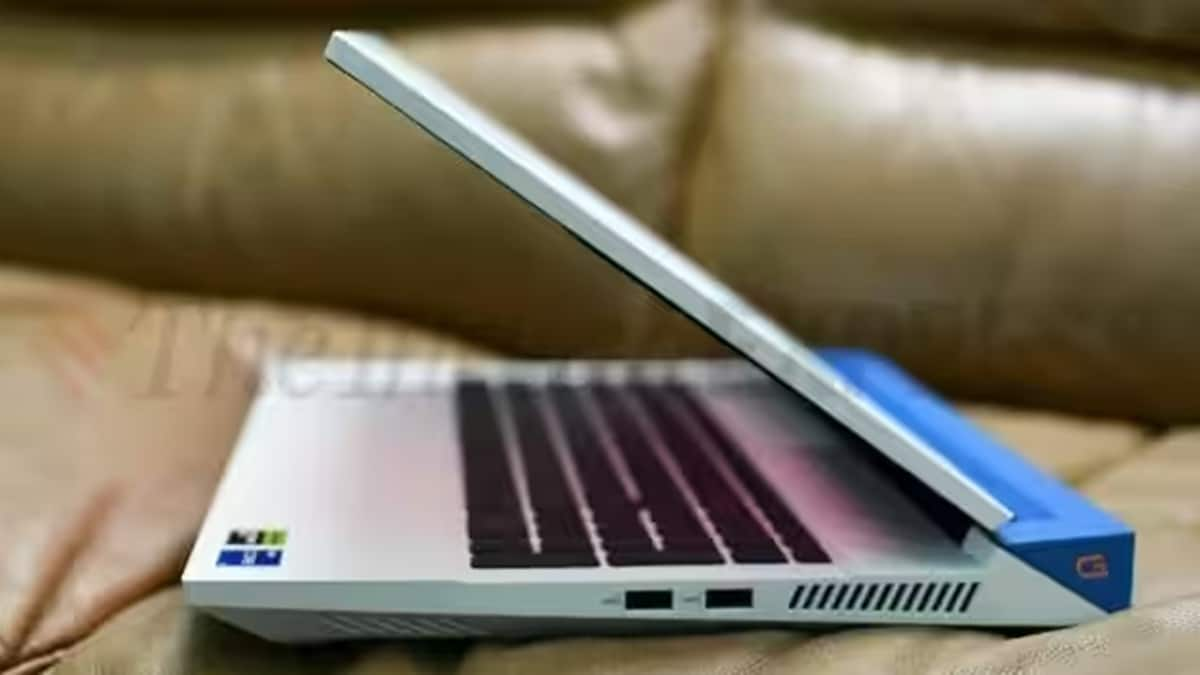
No Caps Or Country-Specific Curbs Under New Laptop Import Policy

NEW DELHI: The government on Thursday sought to allay the concerns over the decision to put imports of certain computer hardware in restricted category, with mandatory licensing, by coming up with a liberal authorisation process. In what would provide relief to the importers, which include the likes of Apple, Dell, HP and Samsung, the new system doesn’t put any immediate cap on the volume or value of imports either at the firm or the aggregate level. Also, there won’t be any restrictions for now with respect to imports from any particular country.
The new system, to take effect from November 1, would run till September next year, and data captured will be used for deciding on the next course of action, if any.
For now, the ‘restricted import authorisation’ system will provide approvals on tap to importers; all that they have to provide is the name, quality and value of the items they want to bring in. While the system will auto populate the firm-level data, the companies will also have to provide turnover and their export and import numbers.
India’s imports of IT hardware are mainly from China, Singapore, Hong Kong, the US and Malaysia. The total imports of the items on the restricted list were $ 8 billion last year.
“The importers are allowed to apply for multiple authorisations. The authorisations issued shall be valid up to September 30, 2024,” the Director GFT said in a public notice.
Once the data for imports is captured for an extended period we would study and decide on further course of action in consultation with the stakeholders, Secretary in the Ministry of Electronics and Information Technology (MeitY) S Krishnan told reporters.
A notification issued on August 3 put the curbs imports of laptops, tablets, all-in-one personal computers, ultra small form personal computers and some servers still stands. Amid strong protests from industry, the operationalisation of the notification was put off by three months to November 1.
“There is no withdrawal of any notification. There are only clarifications to earlier notifications that we are issuing today along with some policy tweaks we have done in consultation with the stakeholders,” Director General of Foreign Trade Santosh Kumar Sarangi said on Thursday.
“The industry is now working with the DGFT to ensure a smooth transition from the current process to the Import Management System from November 01,” Chairman of India Cellular and Electronics Association (ICEA) Pankaj Mohindroo said.
Nitin Kunkolienkar, president at electronics industry association MAIT said, DGFT should also ensure that the registration process on the portal proceeds smoothly and that import authorisations are approved within 24-48 hours.
The tweaks that were announced along with the launch of the import authorisation system allows electronics and computer hardware manufacturing facilities in Special Economic Zones (SEZs) sales in domestic tariff areas without authorisation. Units in SEZs or Software Technology Parks of India (STPI) can also import these devices for captive use without prior approval. Import by central or state government or by the private entities on their behalf for defence and security purposes shall be exempt, according to a policy circular issued by DGFT. Previous exemptions that part of the August announcements stand.
An official said following the notification of August many companies had applied for authorisation for imports now all their applications would be moved online and then approvals granted.
Sarangi said all applications for imports are expected to get through as there is no IT company on the DGFT’s denied list. Denied list is the list of those importers who are facing any enquiry from an investigating agency or who have not fulfilled their export obligations under the schemes like Advanced Authorisation.
The government had cited the need to source IT hardware from trusted sources and develop domestic manufacturing capacity in the sector while imposing restrictions.
The MeiTY secretary said that there would be no inspection of the imported devices under the authorization system at the point of import. “As an economy which is growing rapidly, cybersecurity is becoming a more and more critical issue. We have to identify (the problem areas) and figure out where most of these are coming from,” Krishnan said.
He, however, said the ministry does not have a plan for designate ‘trusted source’ in case of IT products as had been done in telecom products. Many applications have come under PLI; they are currently under appraisal. Within one-two months the process of selecting beneficiaries would be completed.
It is noted that under PLI-hardware additional investment involved is not very large. As in many cases, domestic production units are already in place, with more investments, production can commence soon.
The government doesn’t expect an increase in prices of IT products post the authorisation process coming into force, since supply will continue both from domestic and imported sources. “We believe as domestic production (rises) overall supply would increase and prices will either stay where they are or will come down, Krishnan said.
India’s decision on import restrictions has faced criticism at the World Trade Organisation from many exporters like China, US, Taiwan and Korea. But the government maintains that the system is entirely compatible with the WTO framework.
Source: The Financial Express
The post No Caps Or Country-Specific Curbs Under New Laptop Import Policy first appeared on Latest India news, analysis and reports on IPA Newspack.



